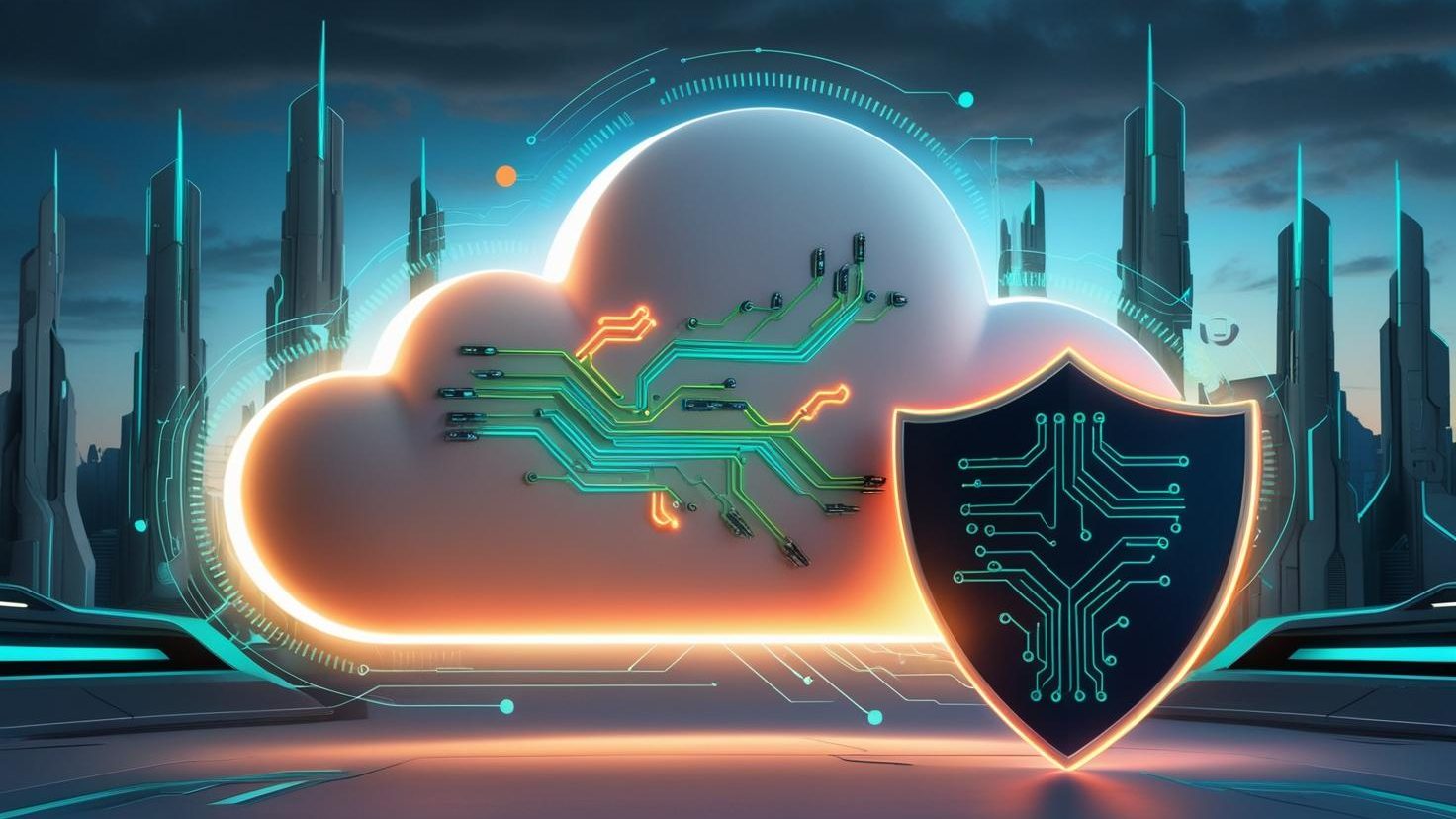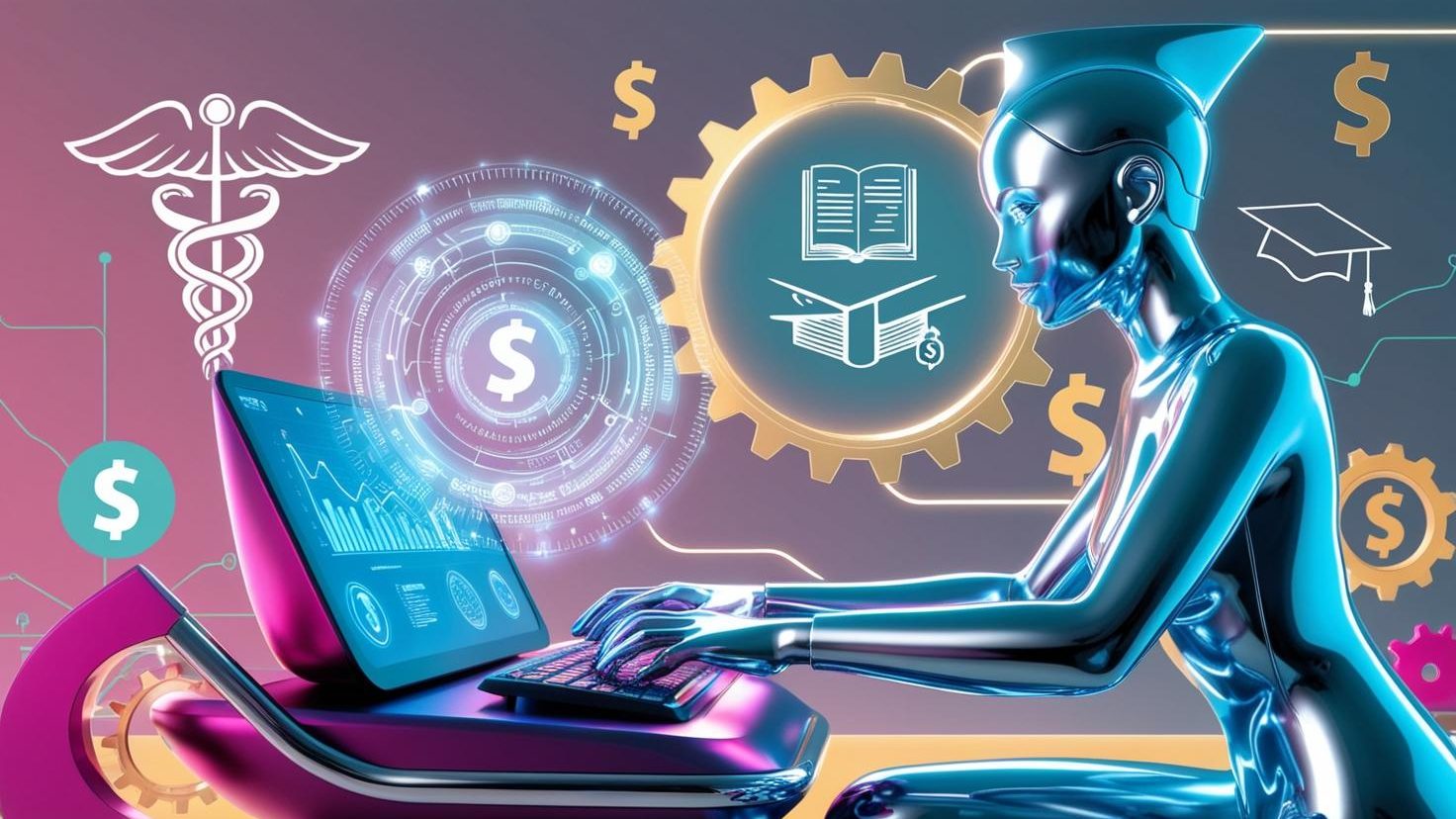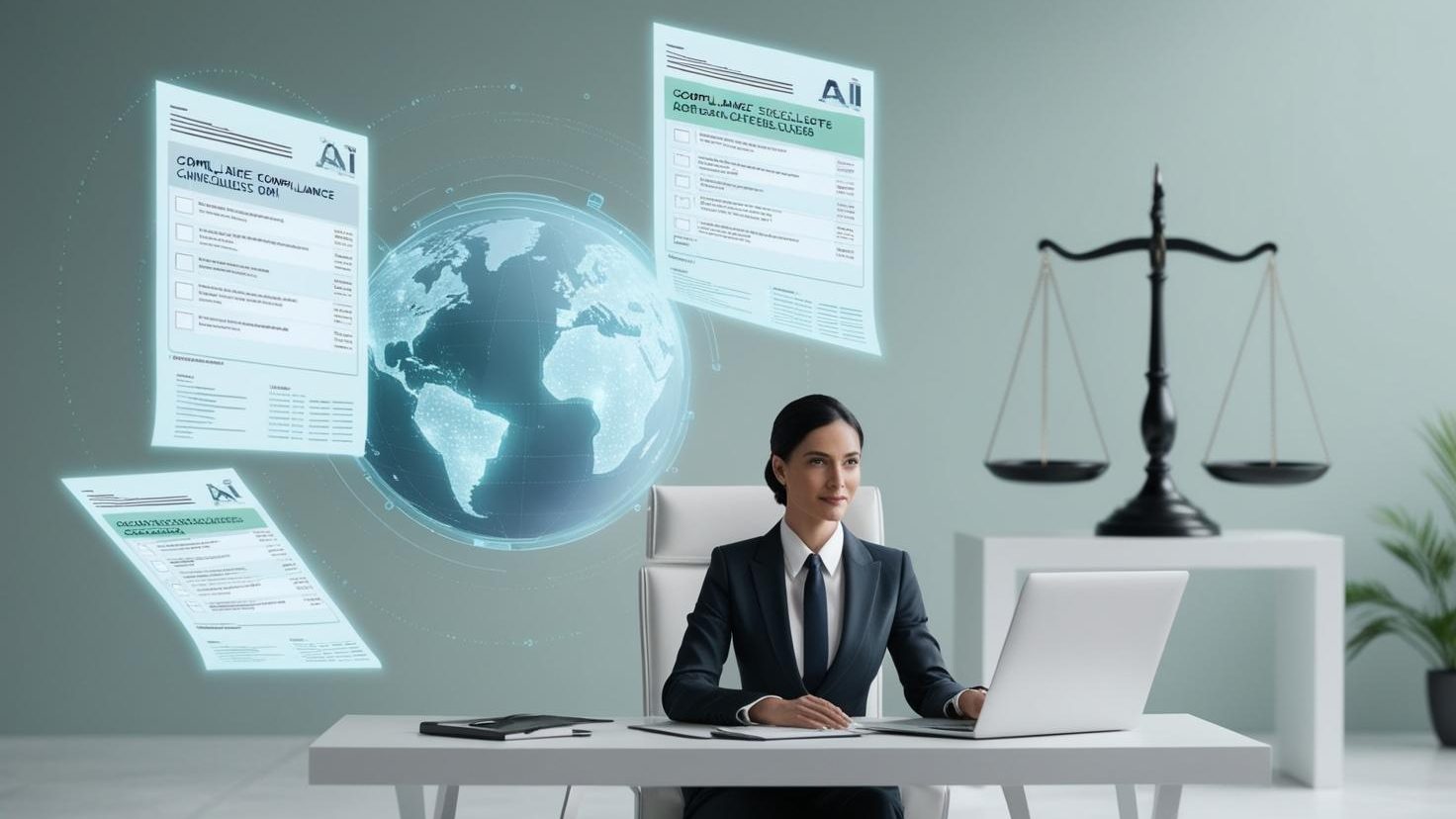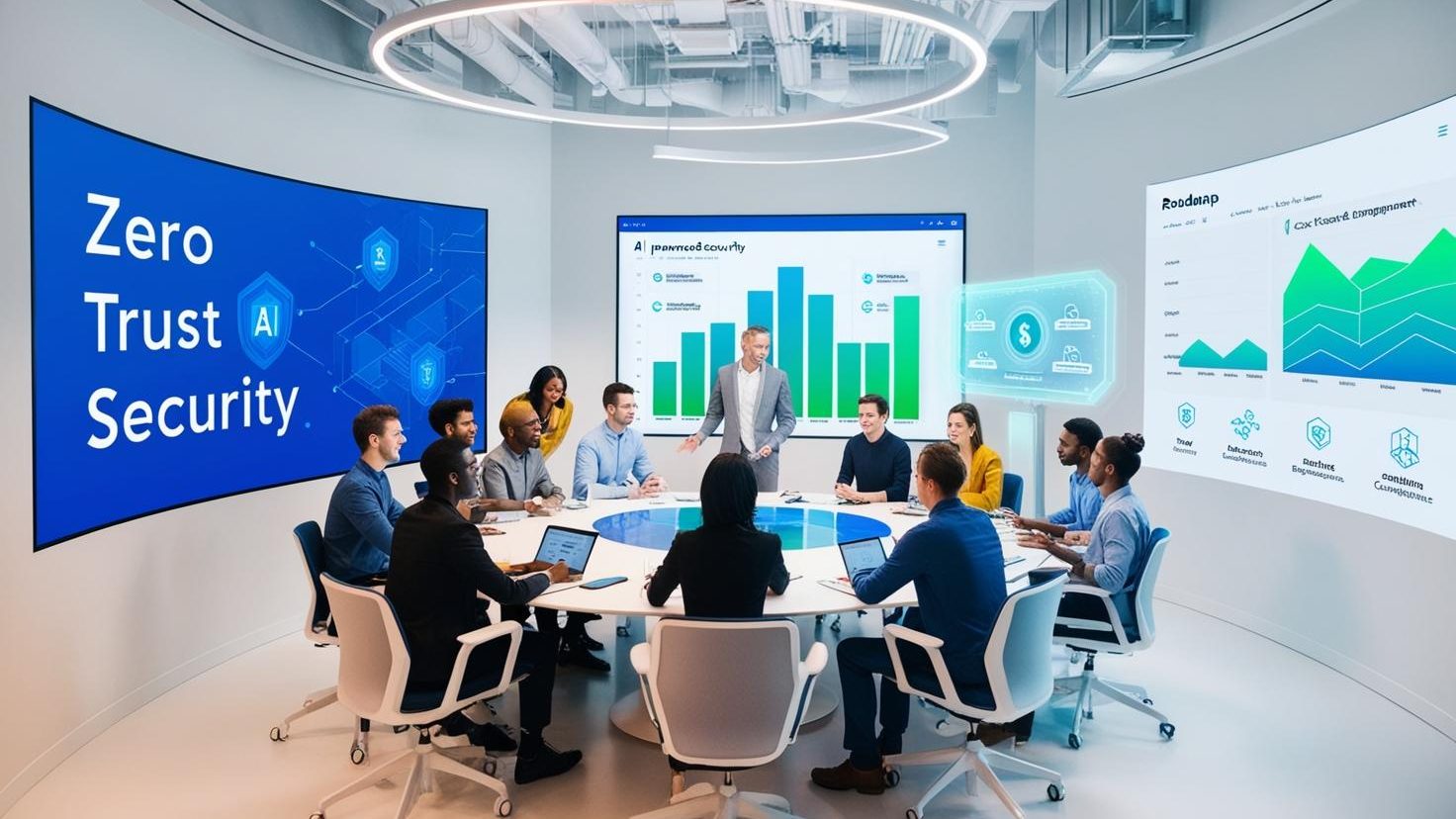
Recovery and Innovation
The last couple of years have been very tough for the tech industry. We have been through big adversities, including a pandemic, some mild economic recessions, and fear hysteria on startup investing in general. However, 2025 is looking a lot brighter and is bringing new opportunities that we as industry leaders should be able to undertake and take advantage of.
As a software engineer with over a decade of experience in the tech industry, I’ve witnessed firsthand the rapid evolution of technology and its profound impact on businesses and society. The global technology sector will have a pivotal year in 2025. After weathering economic challenges such as high inflation, rising interest rates, and geopolitical instability, the industry is beginning to rebound, driven by investments in cloud computing, artificial intelligence (AI), and cybersecurity. Deloitte’s 2024 Technology Industry Outlook provides valuable insights into how these trends will shape the future, offering a roadmap for those of us deeply embedded in the tech landscape.
Key Trends and Strategic Opportunities
- Cloud, AI, and Cybersecurity: Pillars of Growth
Enterprise spending on cloud computing, AI, and cybersecurity is expected to drive much of the sector’s growth in 2025. Key highlights include:

Engineer’s Insight: The integration of AI into cloud platforms is streamlining operations and enhancing scalability. However, this convergence also introduces new security challenges, needing robust cybersecurity measures to protect sensitive data and maintain trust.
- Generative AI: From Experimentation to Monetization
Generative AI continues to captivate the tech world, offering transformative potential across industries. However, 2025 is likely to be a transitional year, as organizations pilot applications to optimize workflows and boost productivity. Despite high operational costs, companies are exploring innovative pricing models and partnerships to monetize generative AI effectively.

Engineer’s Insight: The development of generative AI models requires significant computational resources and expertise. Collaborative efforts and open-source contributions are essential to overcome these barriers and democratize access to AI capabilities.
- Regulatory Landscape and Compliance as a Competitive Edge
Governments worldwide are implementing sweeping regulations affecting AI, data privacy, and ESG (Environmental, Social, Governance) reporting. The EU’s AI Act and the U.S. executive order on AI safety are set to reshape industry practices.

Engineer’s Insight: Navigating the evolving regulatory landscape requires a proactive approach to compliance. Implementing privacy-by-design principles and conducting regular audits can help organizations stay ahead of regulations and build consumer trust.
Takeaways and Actionable Items

- Everything is cloud first now and everything will cost money. Besides preparing your team with the necessary technical proficiency, you will probably need a wider range of talent to be competitive in the marketplace, given the wide range of integrations needed in this new tech ecosystem.
- Security is important now more than ever, make sure your team is familiar with “Zero Trust Security” , certifications, or the level of compliance needed for your industry. Evil doers are waiting for growing companies to slip a bit in security, and an attack or breach can destroy your public image.
- AI is a first class citizen in 2025 and beyond, make sure your creative team has this in mind when creating new business solutions.
- For startups it is important to consider nearshore hiring of engineers, software engineers salaries are a big chunk of the development cost, nearshore hiring is a good solution to keep your operational cost low. At SAMO we have helped countless companies achieve their product market fit, by increasing their runway for product development and allowing them to do crucial pivots to adapt to their ongoing market research.
Big opportunities

2025 looks bright and we as industry leaders need to align our efforts to the momentum of the new trends. The pandemic changed how we work, remote work is popular now and the tools have stepped up in order to meet the demands for remote team collaboration. The tech industry is characterized by its ability to adopt and thrive through the big changes our society goes through and 2025 will be no exception. Be ready and willing.
References
- Deloitte. “2024 Technology Industry Outlook.” Accessed November 2024.
- European Parliament. “Artificial Intelligence Act: Deal on Comprehensive Rules for Trustworthy AI.” December 2023.
- SAMO “Zero Trust Security: The Startup Guide” June 2024
About the Author
Cisco Arias a technical advisor at SPARKET and founder of his own company, the author brings over 12 years of expertise in developing and deploying web applications using serverless infrastructure and microservice-driven architecture. He specializes in AWS and Azure technologies, leveraging tools like API Gateway, Amplify, Lambdas, Cosmos DB, and Azure pipelines. Proficient in Golang and C#, he follows best practices in coding, testing, and infrastructure formation. With a strong focus on collaboration and Agile methodologies, he delivers scalable and secure cloud-based solutions.